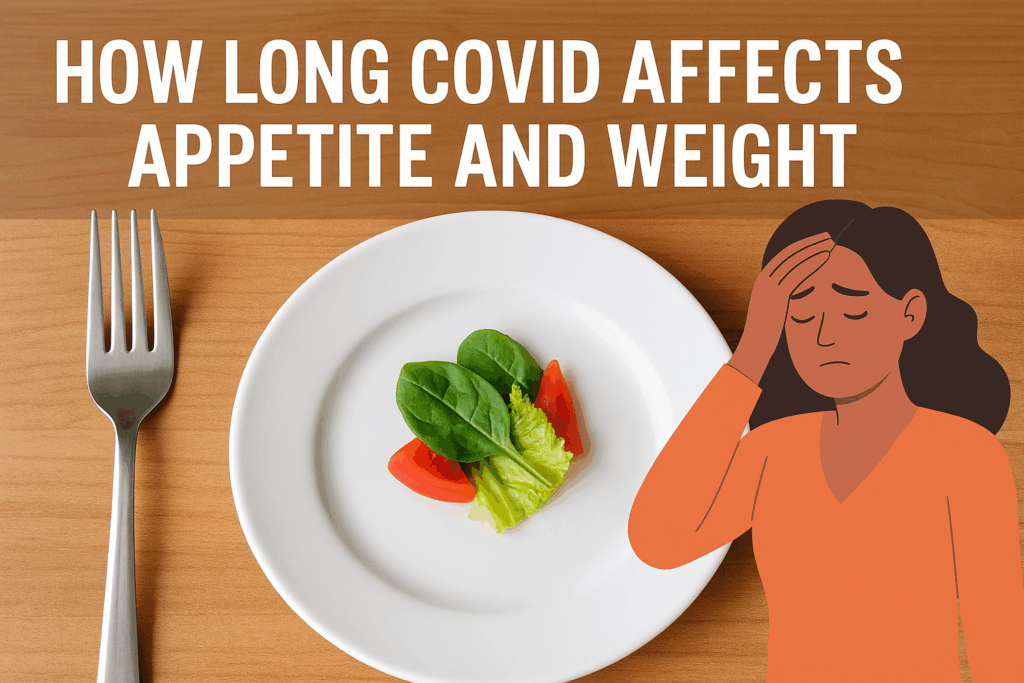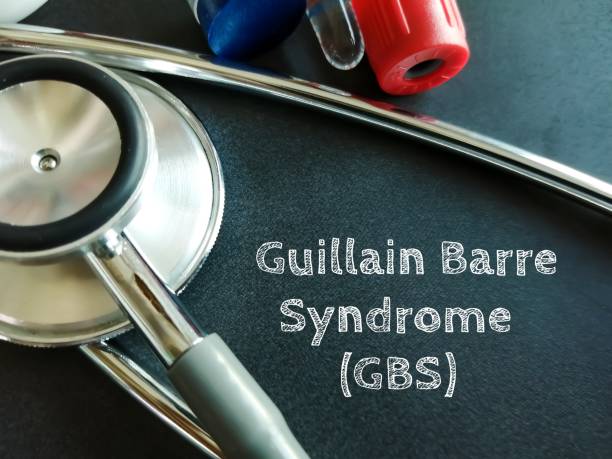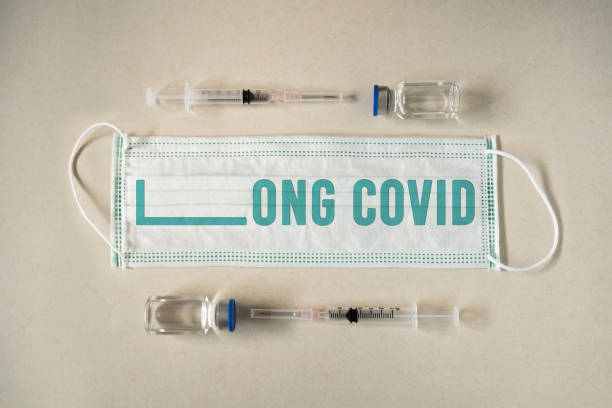When people think of long COVID, they often picture exhaustion, brain fog, or shortness of breath. But there’s another quiet struggle that many face—changes in appetite and weight. For some, food becomes unappetizing. For others, the hunger never seems to go away. One person might be shedding weight without trying, while another finds the scale climbing despite barely eating. These changes can feel confusing, frustrating, and even isolating. But if you’ve noticed that your relationship with food and your body has shifted since COVID, you’re far from alone. Let’s talk about what’s going on—and how to take back some control.
Why Appetite Fluctuates During Long COVID
Appetite isn’t just about hunger—it’s a dance between the brain, gut, hormones, and immune system. Long COVID throws that dance off rhythm. The virus can damage smell and taste receptors, making food less enjoyable. Some people feel full after just a few bites or deal with constant nausea or bloating. Others turn to food for comfort, especially during flare-ups of fatigue or anxiety. And then there’s inflammation, which can alter how the body processes hunger cues altogether. These aren’t just quirks—they’re real physiological effects. If your eating patterns have changed, it’s not a lack of willpower. It’s biology, disrupted.
The Weight Rollercoaster: Loss or Gain
If your weight has changed dramatically post-COVID, it’s not just in your head. Some long haulers find the pounds melting away despite eating normally—or even more. That can be due to chronic inflammation, muscle loss, or poor absorption of nutrients. Others experience unexplained weight gain, often tied to inactivity, hormonal shifts, and sleep disturbances. It’s a rollercoaster that can make you feel like you’re doing everything wrong. But long COVID rewrites the rules of metabolism. Your body is fighting a battle behind the scenes, and the scale doesn’t always reflect effort. Be kind to yourself as you navigate it.
Nutrient Deficiencies to Watch Out For
With erratic eating comes the risk of nutritional gaps. And for people with long COVID, deficiencies in iron, vitamin D, magnesium, or B12 are surprisingly common. These nutrients help fuel your immune system, protect your nerves, and support energy levels—all things you likely need more of right now. If your appetite is low, it’s easy to miss these essentials. And even if you’re eating well, your body might not be absorbing everything properly due to gut inflammation. A simple blood test can identify what you’re missing. Sometimes, restoring one key nutrient can noticeably lift your energy or mood.
Strategies to Regain Control Over Your Eating
Dealing with appetite issues or unpredictable weight can feel overwhelming—but small shifts can help. If eating feels like a chore, focus on gentle, nourishing foods: warm soups, soft-cooked veggies, smoothies with added protein, or even spoonfuls of ghee or nut butter (if tolerated). For unintentional weight loss, sneak in calories through healthy fats or easy snacks. If you’re gaining weight and feel sluggish, look into anti-inflammatory meals and light movement like stretching or short walks. Above all, listen to your body without judgment. You don’t have to “fix” everything at once. Some days, a few nourishing bites is enough.
When to Seek Medical Support
Sometimes, appetite and weight changes aren’t just frustrating—they’re signs of something deeper. Rapid weight loss, ongoing nausea, or extreme fatigue could point to issues like malnutrition, blood sugar instability, or even organ stress. If your symptoms feel unmanageable or interfere with daily life, talk to a healthcare provider who’s familiar with long COVID. You deserve to be taken seriously, and you don’t need to push through it alone. There are tests, treatments, and specialists who can help you stabilize and start to feel like yourself again—one meal, one breath, one day at a time.
References:




